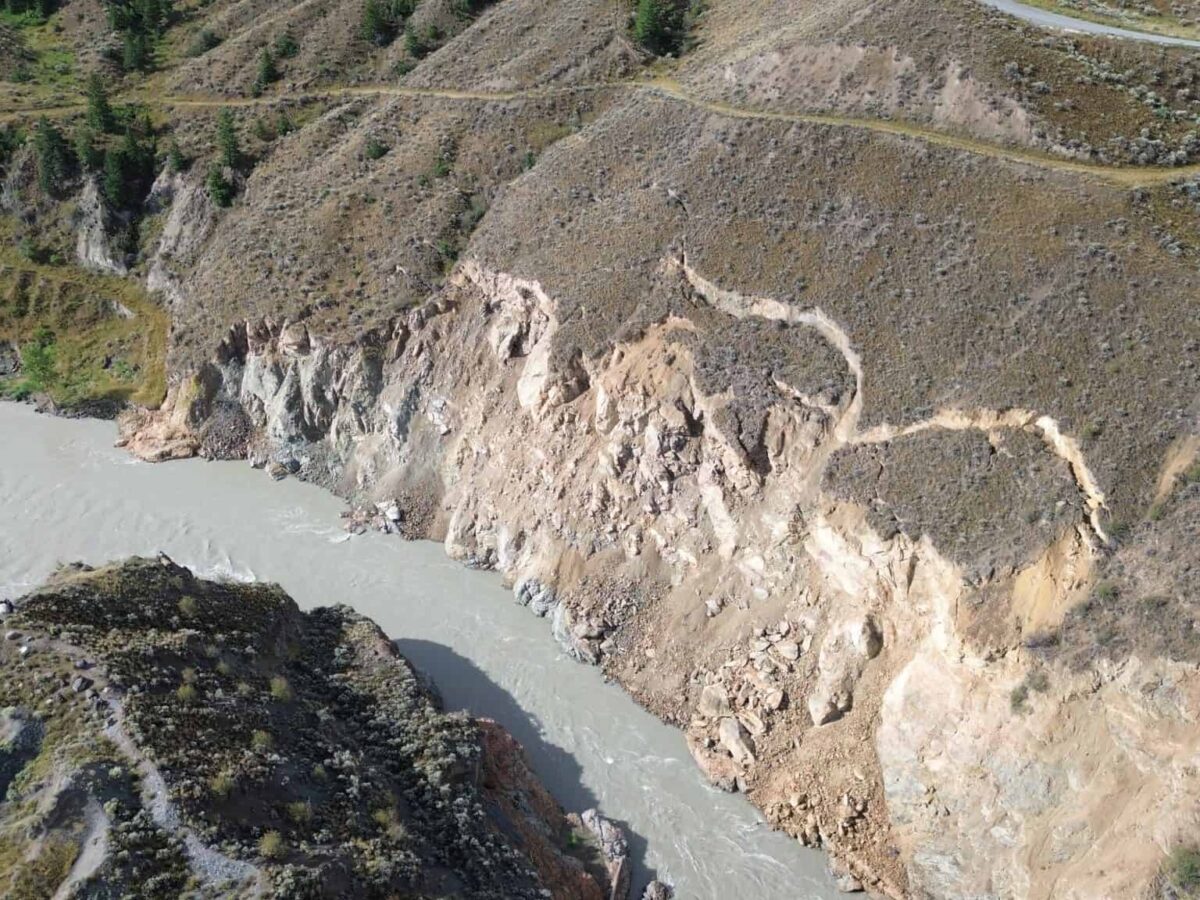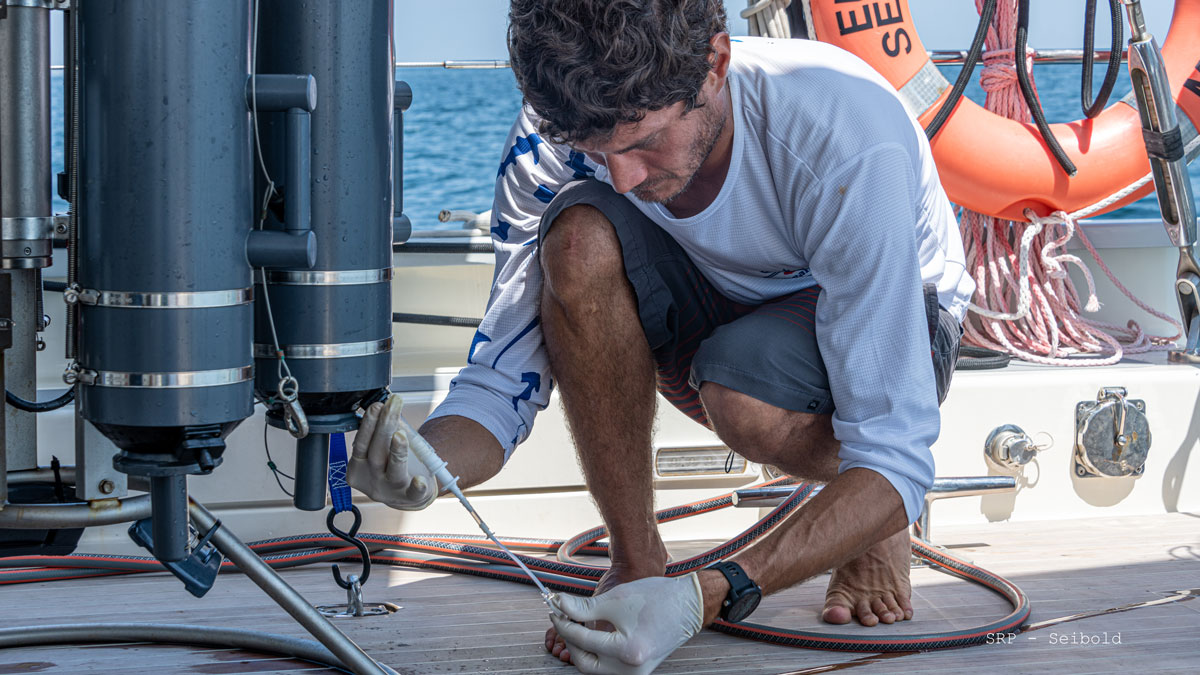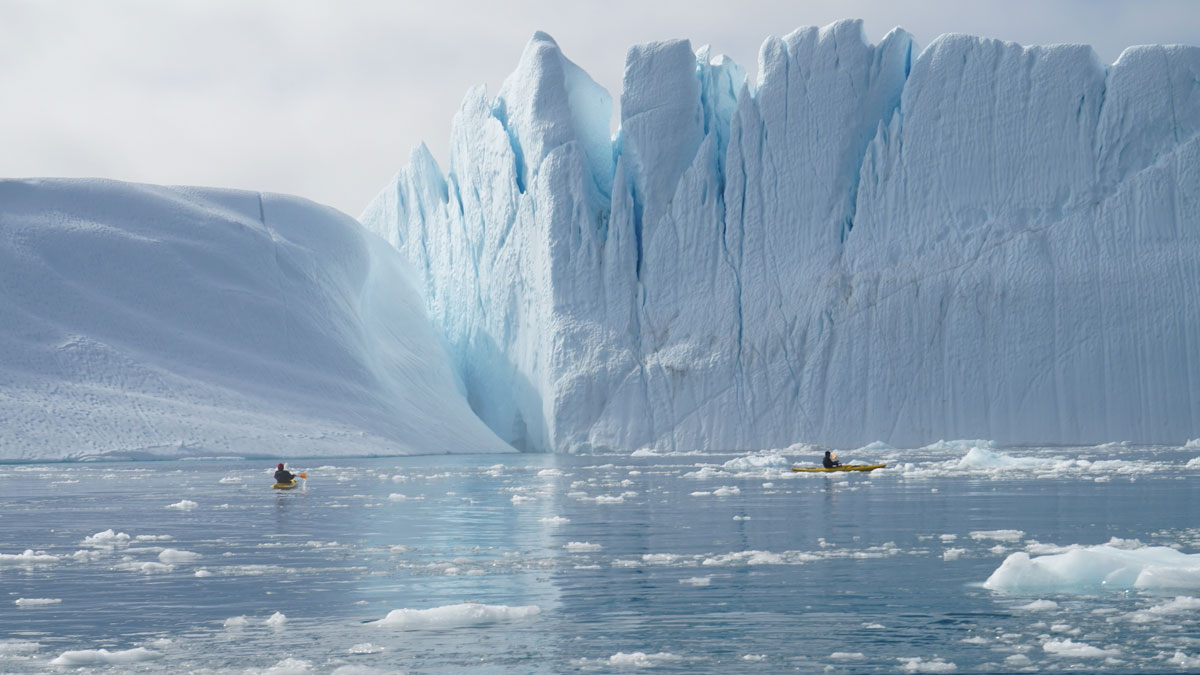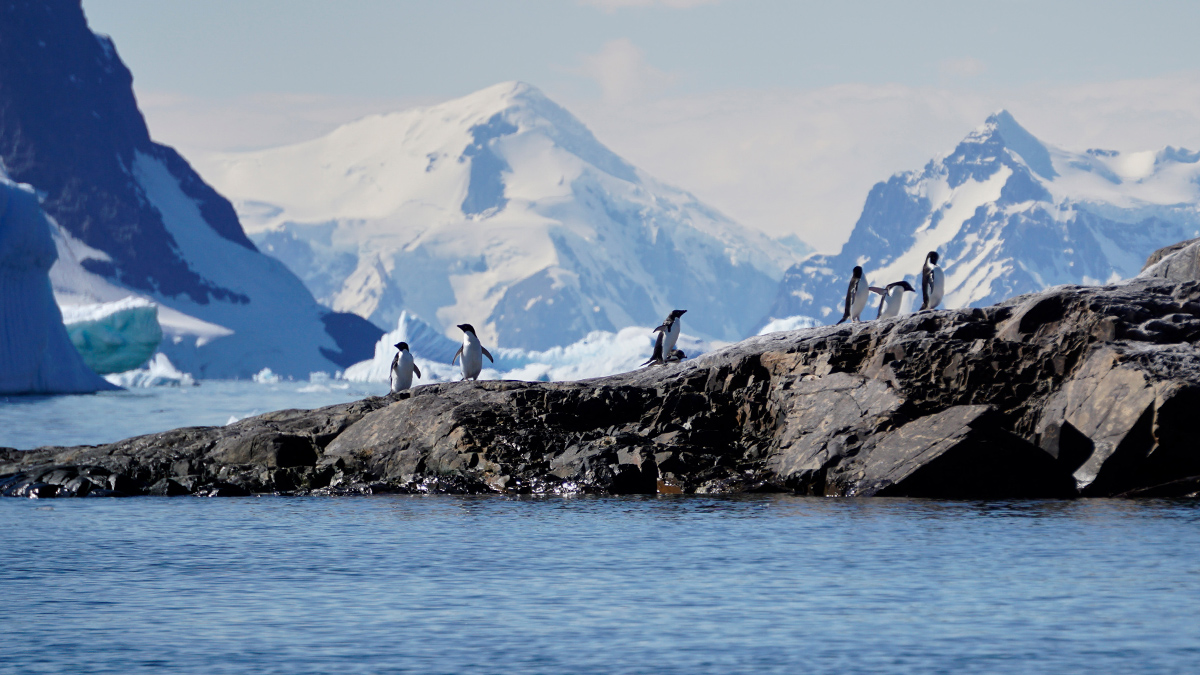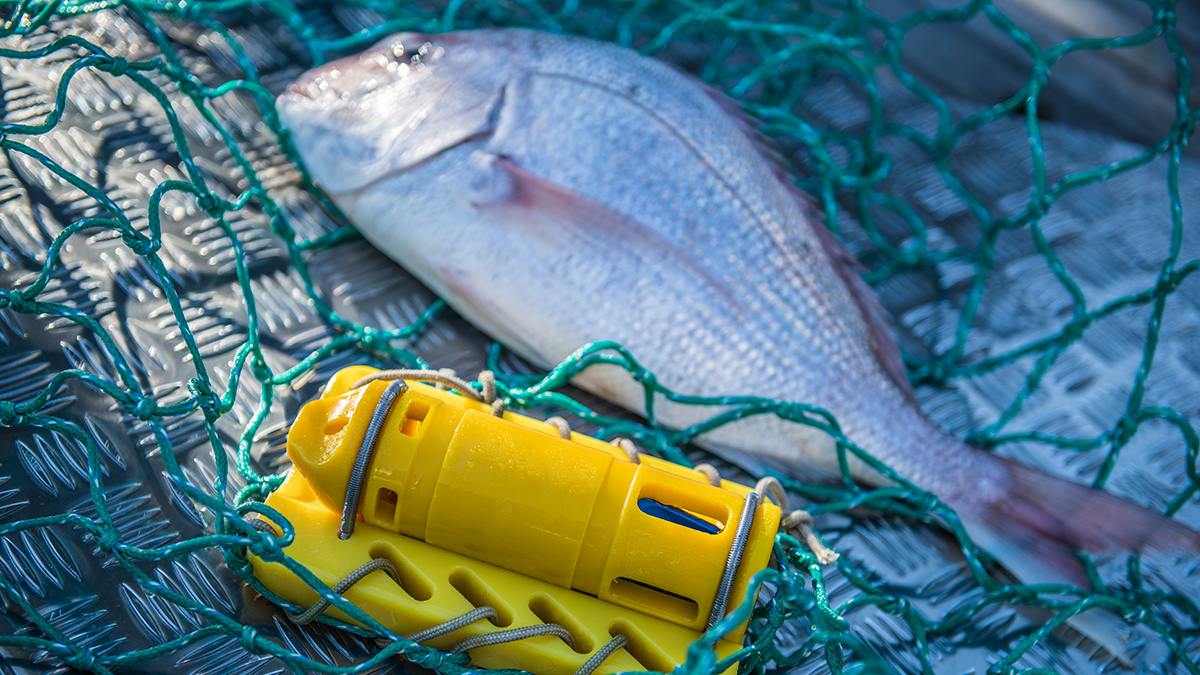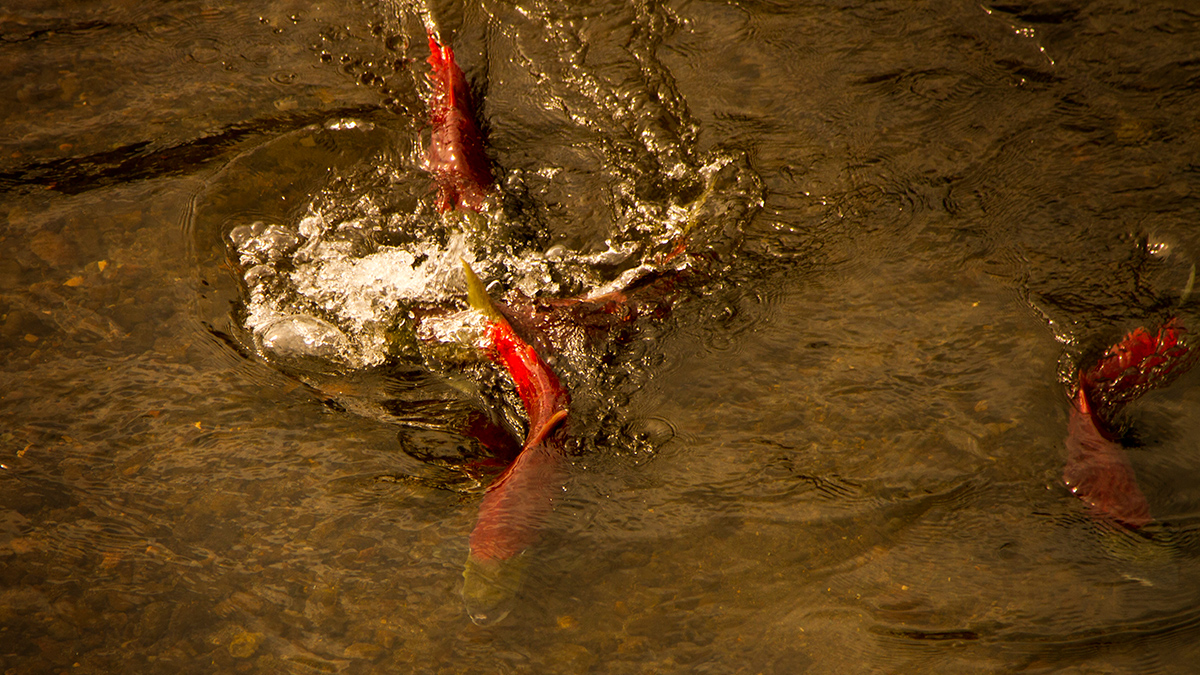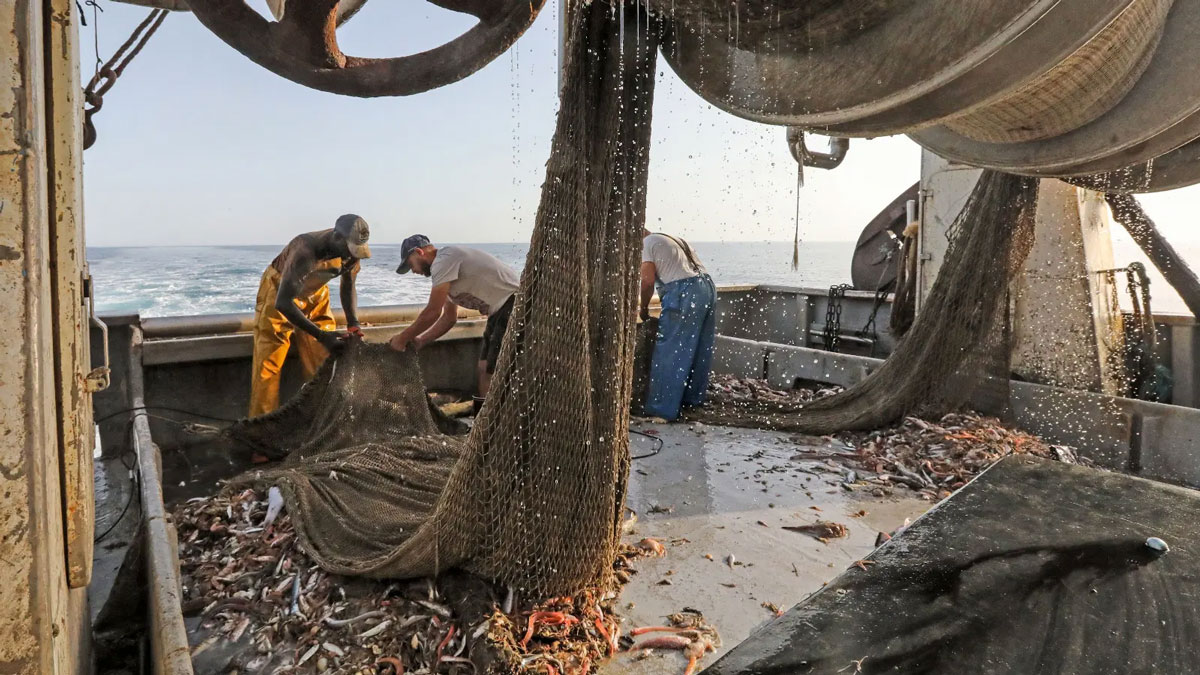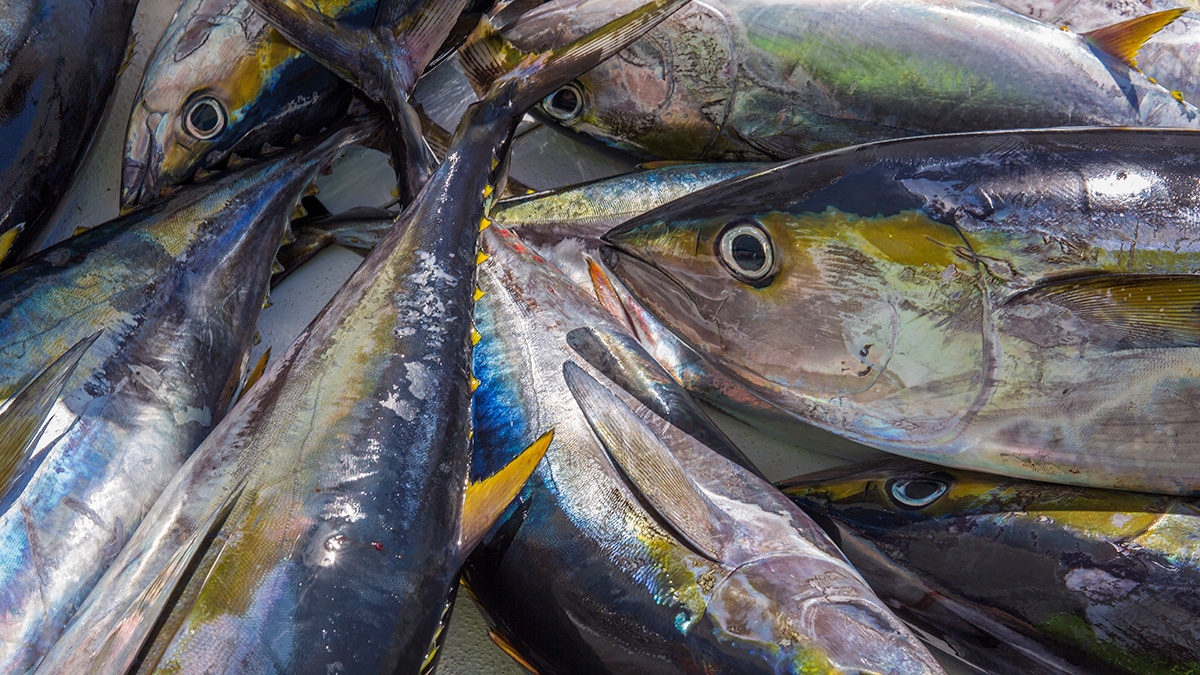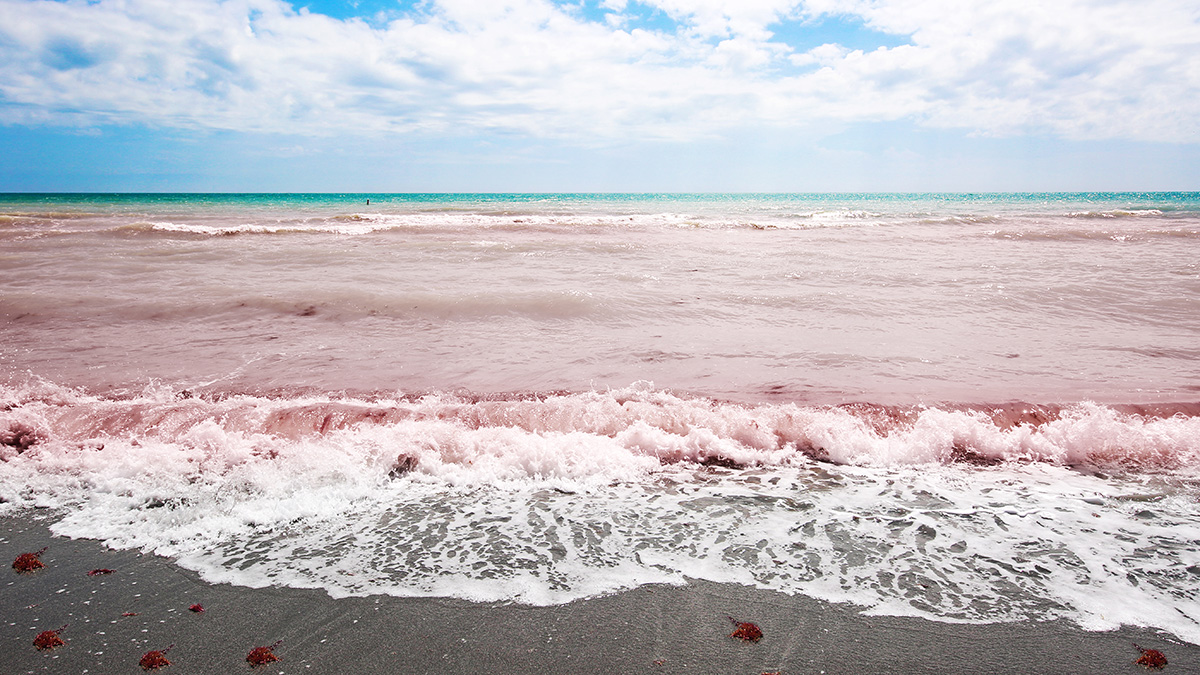There are concerns about the potential impact of an incipient landslide at Farwell Canyon on the Chilcotin River in British Columbia, Canada. On 30 July 2024, a large landslide occurred on the Chilcotin River in British Columbia, Canada, blocking the flow. The scale of the landslide was massive – on the BC website about the […]
fishing & fisheries
Panama’s Coastal Waters Missed Their Annual Cooldown This Year
The unprecedented failure of tropical upwelling will likely affect the country’s fisheries. Scientists aren’t certain whether it will happen again next year.
Underwater Glacier-Guarding Walls Could Have Unintended Consequences
Although they would likely impede the warm currents that melt glaciers, such walls would also likely block fish migration and nutrient upwelling, harming marine ecosystems and Greenland fisheries.
Forecasting the Future of Southern Ocean Ecosystems
A new ensemble of marine ecosystem models aims to improve understanding of how climate change will affect the waters surrounding Antarctica.
The Moana Project Braids Tradition and Science for a More Sustainable Ocean
Scientists and Māori communities in Aotearoa New Zealand are gathering knowledge on marine conditions and ecosystems to protect livelihoods and help ensure a sustainable future for the blue economy.
Young Salmon in British Columbia Are Getting Bigger
A rediscovered catalog of sockeye scales gave researchers access to century-old fish DNA.
Bottom Trawling Shreds the Seafloor. It May Also Be a Huge Source of Carbon Emissions.
Dragging nets along the ocean bed wrecks marine life, but researchers can’t agree on how bad it is for the climate.
Local Fishers Help Uncover Coral Clinging to Underwater Cliffs
Their knowledge led to more accurate seafloor maps and a hidden trove of biodiversity in the Labrador Sea.
Las protecciones marinas no afectan la captura de peces en México
La captura de especies como el atún y el pez espada no disminuyeron después de que un área marina protegida del tamaño del estado de Nueva York fuera establecida en las costas de México en 2017.
Florecimientos de algas nocivas: nada bueno, solo lo malo y lo feo
Diversos factores humanos y naturales están generando florecimientos de algas nocivas cada vez más frecuentes y prolongados. Estudios recientes han comenzado a revelar la magnitud del problema y nos informan sobre soluciones potenciales.

